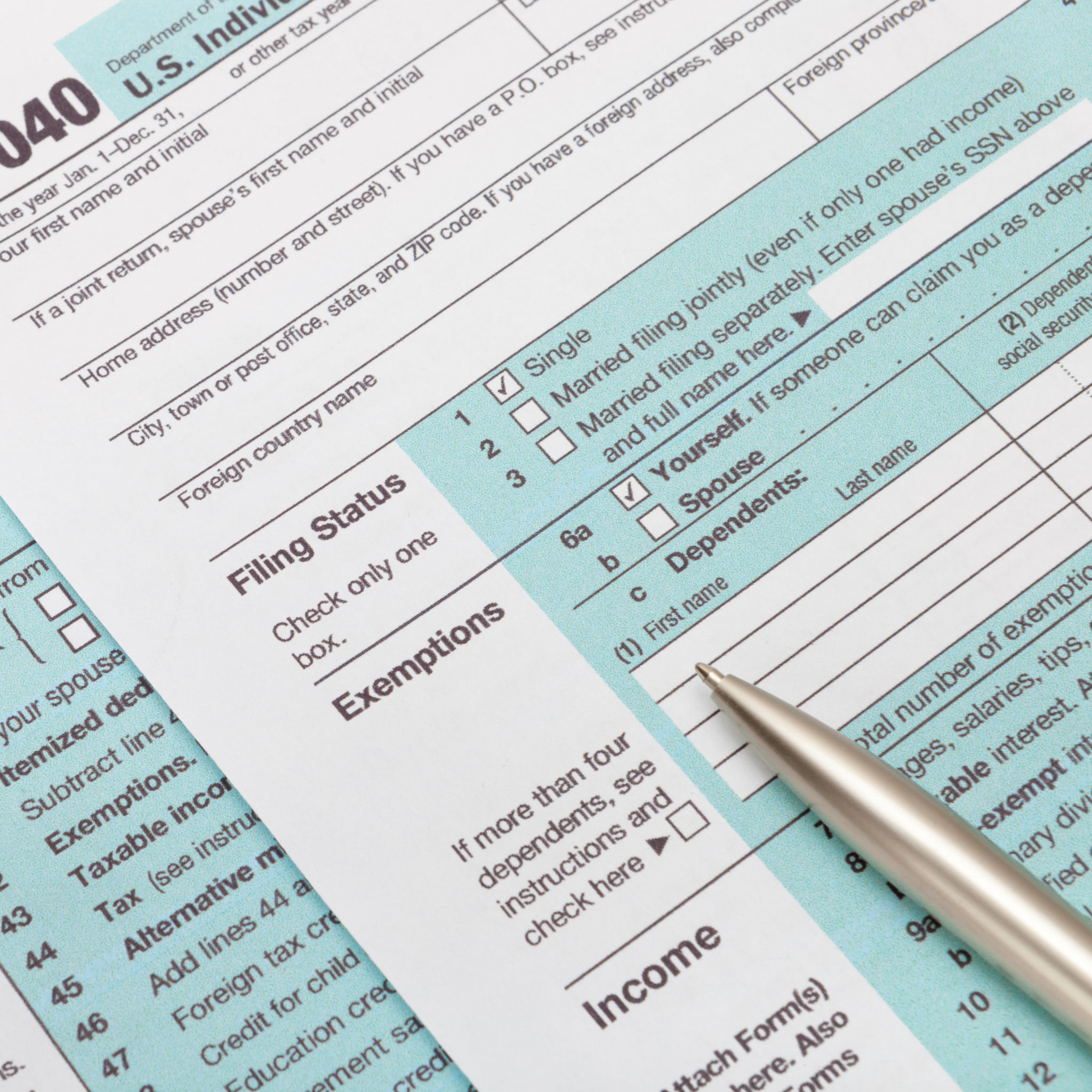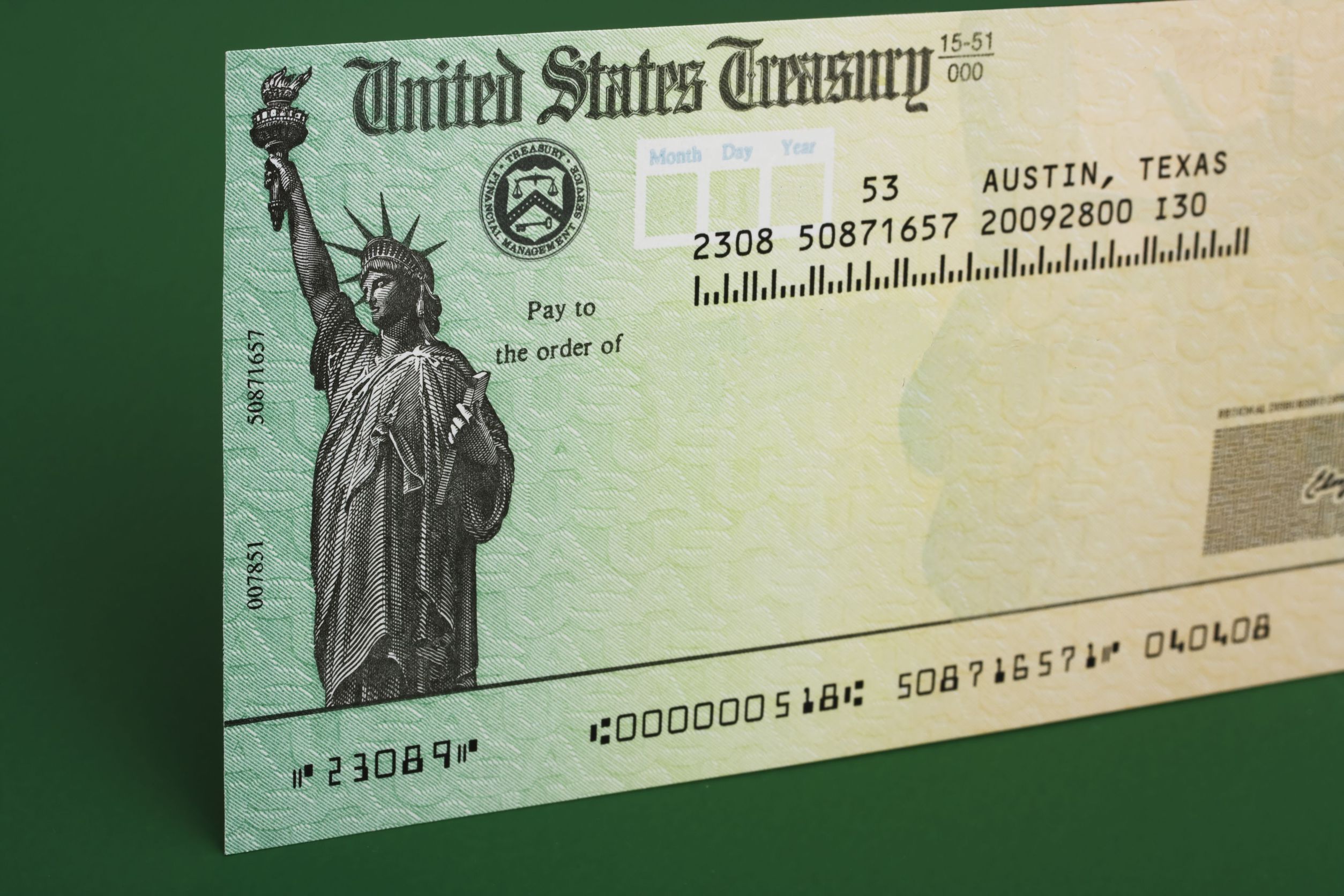If you lost your job this year, we’re sorry that you had to endure this personal and financial setback.
However, if you look on the brighter side of things, it’s not the end of the world as you know it. You may now be eligible for some tax credits.
This article will offer some advice about how to minimize your taxes and maximize your refund.
Deduct Expenses for Your Job Search
If you searched for a new job, you can deduct your resume preparation costs, your travel expenses (especially out of town interviews), postage, and fees paid to outplacement agencies or employment agencies.
But you have to itemize your deductions to take advantage of your expenses; if you take the standard deduction, you’re not eligible.
Take Advantage of All Tax Breaks
Who knew that losing your job could entitle you to numerous tax breaks? These can include:
- Savers Credit – If you’re a low-income taxpayer, you can earn a credit of up to $1,000 (or $2,000 for couples) for retirement contributions. But during 2016, single taxpayers can’t earn more than $30,750 and married couples can’t make more than $61,500.
- Earned Income Tax Credit – The more children you have, the higher your credits. If you’re a taxpayer with three or more qualifying children, you can get a maximum credit of $6,262 in 2016.
- Child Tax Credit – You can earn a tax credit up to $1,000 for qualifying children under the age of 17.
- Child and Dependent Care Credit – If you pay for child care, this may be deductible, too, depending on how much income you earn.
Look into Government Benefit Programs
The federal, state, and local governments dispense more than $1.8 trillion annually in benefits for a wide variety of programs –– and some are even tax-free to reduce your expenses. These include:
- Food assistance (food stamps)
- Health insurance
- Low-cost auto insurance, gas, electric and phone service
- Unclaimed funds
File for Unemployment Compensation
Every dollar helps when you’re between jobs. In the past, there was an exemption for the first $2,400 you earned in unemployment benefits.
Today, unemployment benefits are no longer tax-free, so you are required to pay taxes on all of your unemployment income.

You Still Have to File a Tax Return
Regardless of what time of the year you may have lost your job, you still have to file your tax return. For a single filer under age 65, you must file if your income exceeds $10,000. For a joint filer under age 65, you must file a return if your income is more than $20,000.
You Should File Your Tax Return Early
If you believe you’re entitled to a sizable tax refund because you may now be in a lower tax bracket, the earlier you file your return, the quicker you can get your refund.
Pay Taxes on Your Job Termination Income
If you got a severance pay check of several weeks or even a few months, which may have included sick days and unused vacation time, all of this income is fully taxable. Your former employer will send you a W-2 form listing all of these amounts.
Look into Self-Employment Taxes
If you’re able to work for yourself to earn some income between full-time jobs, you should look into reporting your expenses on a Schedule C or a Schedule F form, paying your Social Security and Medicare taxes, and filing a Form SE (Self-Employment Tax).

More Helpful Information About What to Know if You Lost Your Job This Year Before Filing Taxes
As noted above, there are a variety of ways that losing your job this year can impact your taxes for 2016. To find out more –– or to start your 2017 tax planning –– please contact me to set up a free initial consultation. I understand that these are hard times, but I’m here to help you.
- Preparing Your Tax Documents - February 1, 2024
- Making of a Successful Team Environment - December 31, 2023
- Got a Mistake on Your Tax Returns? - September 3, 2023

